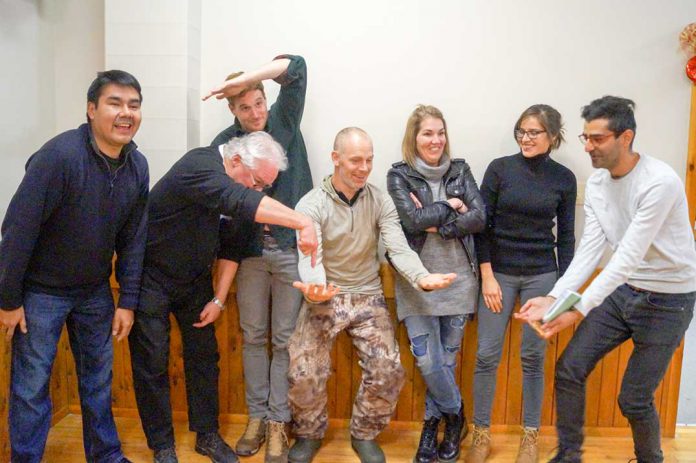TORONTO—When things start to go south, be it family, dealing with a landlord, an employer or some other area of our lives, there is usually no shortage of folks around us ready to provide advice on how to proceed. Sadly, most of that “knowledge” is based on hearsay, Facebook memes or wishful thinking (too often masquerading as common sense) and the costs associated with seeking out sound professional legal opinion have been famously spiralling out of reach of most of us—and cost is just one of the barriers facing people. Luckily, there is now somewhere online to turn, at least initially.
This isn’t just someone else’s problem either. Statistics show that the majority of Ontario residents (57 percent) seek legal advice at some point in their lives and almost half (45 percent) report some barrier in attempting to access the justice system.
Enter the Steps to Justice program—a new website that, according to a release from the project lead Community Legal Education Ontario, “is a collaborative project of leading justice sector organizations.”
The website is a “signature initiative” of The Action Group on Access to Justice, according to the release, and seeks to provide an online tool that “empowers people in Ontario to understand and take action to deal with their legal problems.”
A first of its kind, Steps to Justice presents easy-to-understand, step-by-step information on common issues that people experience in family, housing, employment and other areas of law.
The website is designed to: equip people to work through their legal problems through simple, easy-to-understand steps; provide practical tools such as checklists, fillable forms and self-help guides; give referral information for legal and social services across Ontario; and to connect people via live chat and email-based support for answers to additional questions.
While the program is led by Community Legal Education Ontario (CLEO), it strength lies in that it brings together key justice sector players, such as the Ontario Ministry of the Attorney General, the Superior Court of Justice and the Ontario Court of Justice, the Social Justice Tribunals of Ontario, Legal Aid Ontario, the Law Society of Upper Canada and the Association of Community Legal Clinics of Ontario.
“While people across the province depend on the Internet as a source of information, it is difficult for people to know if they are consulting a reliable website for legal information,” said Julie Mathews, executive director of CLEO in the release. “People in Ontario face legal issues every day and now they can connect with simple and accurate online information to help them take steps in their situation.”
“Projects like Steps to Justice help break down barriers by giving all Ontarians the legal information and tools they need,” says Ontario Attorney General Yasir Naqvi. “This is an empowering initiative and a great example of how we can use technology to make the justice process and the law more accessible and open to everyone. Collaborating on Steps to Justice is an example of another big step forward in our collective effort to increase access to justice.”
The justice sector partners are collaborating on content development for the website to ensure the information is accurate and practical. As information becomes available, regular updates will be made based on their input. Justice sector and community organizations will also be able to embed or present the information automatically and link their own websites to the Step to Justice site for the benefit of their own users.
“Justice and community organizations are responding to the public’s need for accessible, reliable and accurate legal information,” said Paul Schabas, treasurer of the Law Society of Upper Canada. “The Law Society created TAG to facilitate cross-sector collaboration and we are proud of its work in fostering the development of Steps to Justice. The people of Ontario now have an enhanced, coordinated initiative that they can count on.”
The Steps to Justice website can be accessed at: stepstojustice.ca.





